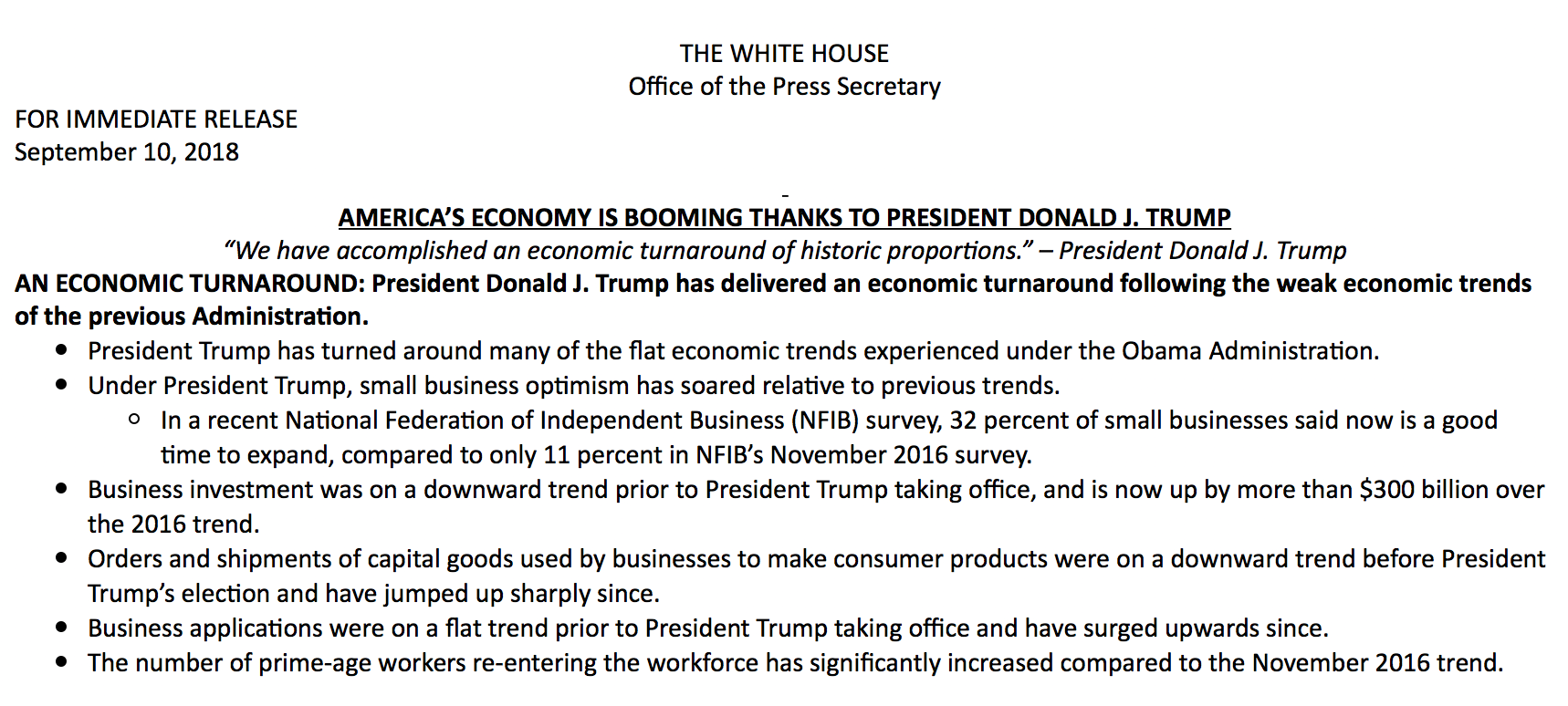In a digital landscape rife with privacy violations and data exploitation, a staggering 87% of Americans are calling for an outright ban on the sale of personal data to third parties without explicit user consent. This overwhelming demand highlights a growing awareness and rejection of the exploitative practices that have become commonplace among tech giants. The implications of this shift in public sentiment are profound, signaling a potential seismic change in how we approach data rights and privacy legislation.
Public Outcry for Privacy Protection
The recent statistics reveal a public increasingly fed up with the status quo. According to data privacy statistics for 2025, 86% of respondents support regulations that require companies to limit the types of user data collected. This demand for privacy is not merely a passing trend; it reflects a deep-rooted understanding that data is a form of personal property and should be treated as such.
Political Polarization Over Data Rights
The divide in political views has traditionally influenced opinions on data privacy. However, research indicates that both conservative and liberal consumers share a common belief regarding improper access to personal information, especially with large corporations. As reported by research from the University of Mississippi, this bipartisan concern underscores the universal desire for stronger protections against data misuse.
\n\n
2023 - Sen. Amy Klobuchar Visits the 133rd Airlift Wing ...
Impacts of Privacy Legislation on Businesses
The push for comprehensive privacy legislation is not without consequences for businesses. Companies that have thrived on the unrestricted collection and sale of data may face significant operational challenges. As noted in discussions around emerging privacy issues, Congress is urged to consider legislation that emphasizes consumer protection, which could fundamentally alter the business models of many tech companies.
The Role of Technology Companies
Technology companies have long operated with minimal oversight, often prioritizing profit over user privacy. However, the growing public demand for transparency and accountability could force these companies to adopt more ethical practices. The argument for digital privacy is not merely about protecting individuals; it is fundamentally about maintaining trust in a democratic society. According to Tufts University, privacy serves as a cornerstone of democracy, essential for the functioning of a free society.
\n\n
White House press briefing: Live updates
Future Directions for Data Rights
The collective push for stronger data rights is a clarion call for policymakers. As highlighted by Berkeley"s new perspectives on data rights, the conversation is shifting towards recognizing data as a shared societal resource that demands responsible stewardship. As we move forward, it is crucial that we redefine our relationship with data, ensuring that individuals retain agency over their personal information.

![[Video] Anti-ICE Protester Pepper Sprayed as CBP Agents Disperse Crowd in Minneapolis](/_next/image?url=%2Fapi%2Fimage%2Fthumbnails%2Fthumbnail-1768260677127-y71sb7-thumbnail.jpg&w=3840&q=75)

![[Video] Several injured as U-Haul truck drives through Iranian protestors in Los Angeles](/_next/image?url=%2Fapi%2Fimage%2Fthumbnails%2Fthumbnail-1768176682028-q95y6j-thumbnail.jpg&w=3840&q=75)
![[Video] Scuffle breaks out between Trump supporters and Anti-ICE protesters in Times Square](/_next/image?url=%2Fapi%2Fimage%2Fthumbnails%2Fthumbnail-1768165958203-hgcgb-thumbnail.jpg&w=3840&q=75)


![[Video] Gunfire between Iraqi security forces and Sadr militias in Baghdad](/_next/image?url=%2Fapi%2Fimage%2Fthumbnails%2Fthumbnail-1768343508874-4redb-thumbnail.jpg&w=3840&q=75)
